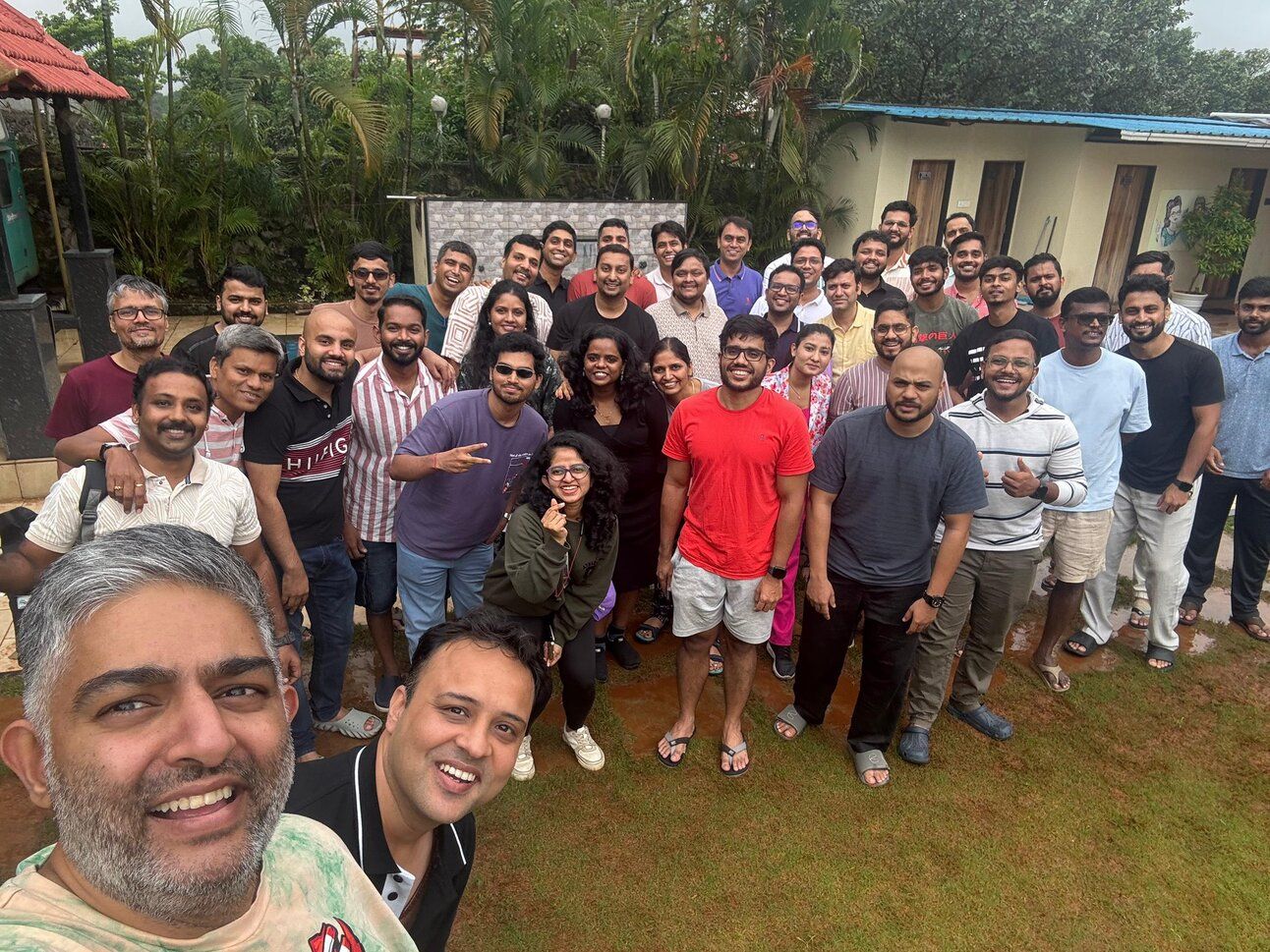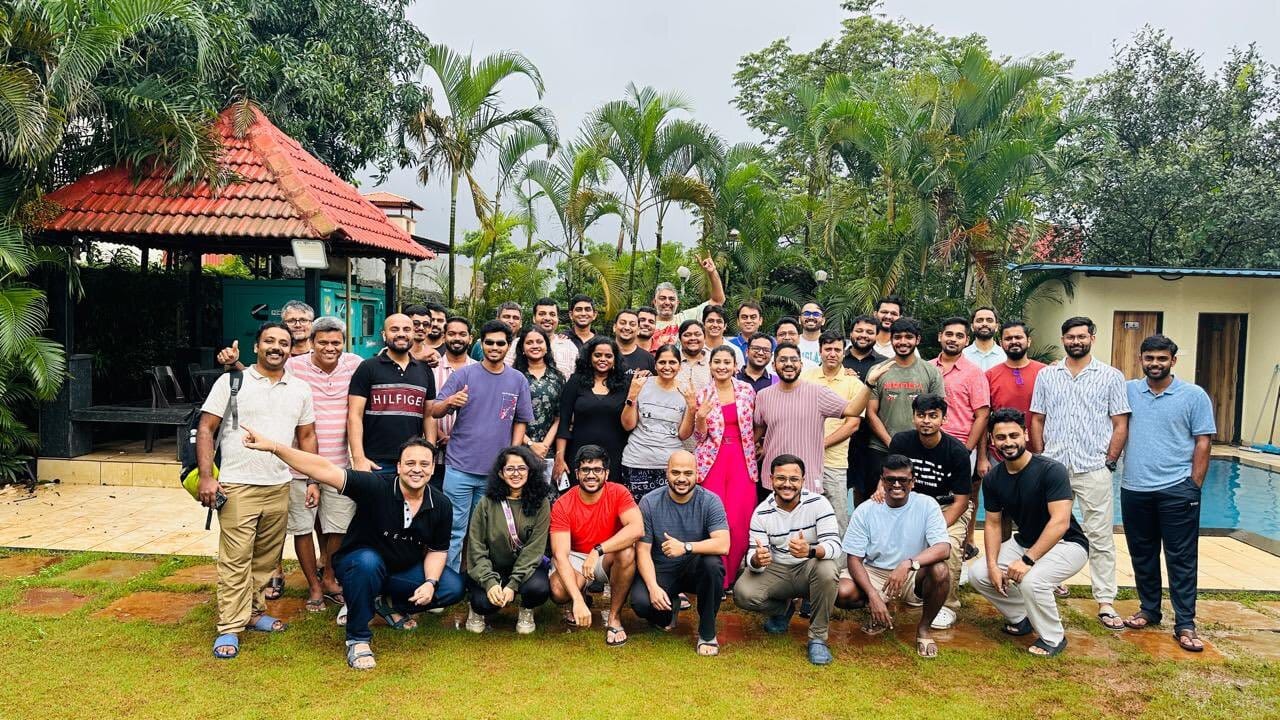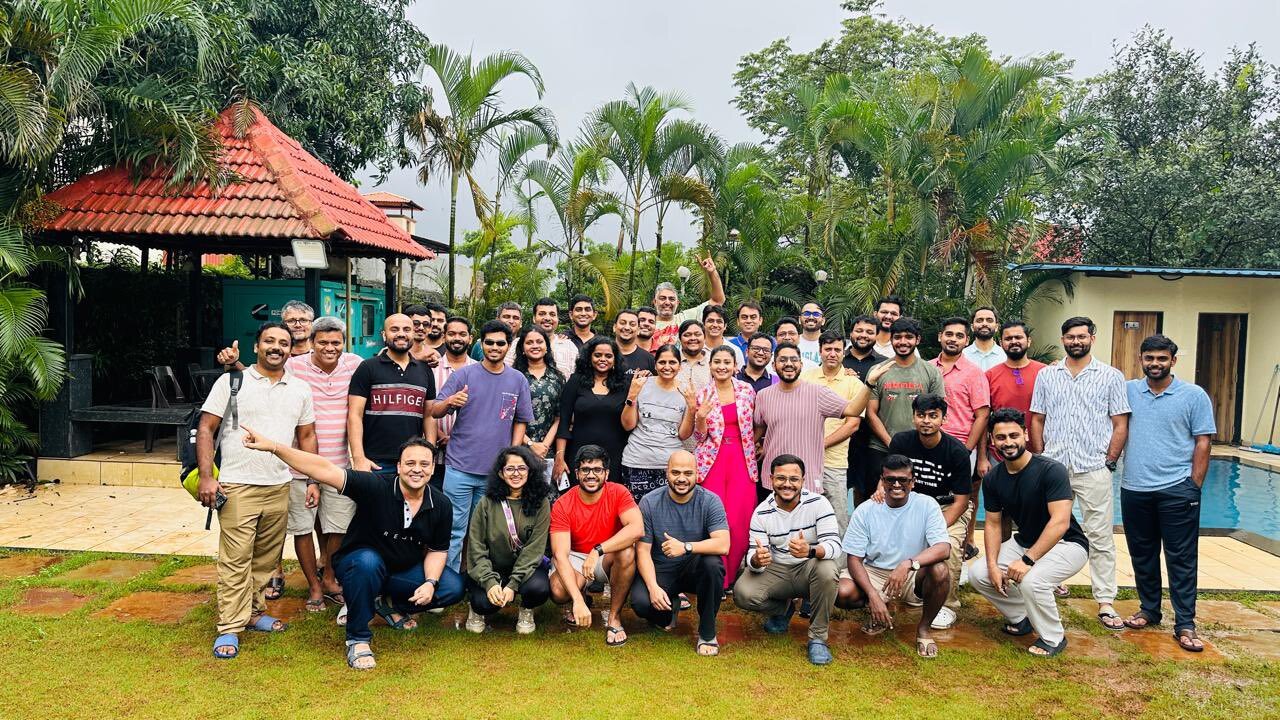- The Wisdom Project
- Posts
- The Friendship Recession
The Friendship Recession
LinkedIn-ification of Human Connection

When was the last time you made a genuine friend?
Not a colleague. Not a networking contact. Not a parent from your kid's school.
A real friend.
If you're struggling to remember, you're experiencing what researchers call the "friendship recession." And the numbers are brutal:
Men with zero close friends: 3% (1990) → 15% (2021)
Average American hasn't made a new friend in 5 years
1 in 4 people feel they have no one to turn to
We're lonelier than ever. And it's by design.
Daily News for Curious Minds
Be the smartest person in the room by reading 1440! Dive into 1440, where 4 million Americans find their daily, fact-based news fix. We navigate through 100+ sources to deliver a comprehensive roundup from every corner of the internet – politics, global events, business, and culture, all in a quick, 5-minute newsletter. It's completely free and devoid of bias or political influence, ensuring you get the facts straight. Subscribe to 1440 today.
Why We Stop Making Friends After College

College was the perfect friend-making ecosystem:
Repeated, unplanned interactions
Shared struggles (exams, bad food, existential crises)
Low stakes (no one's getting promoted)
Built-in third spaces
Then graduation happens. And every relationship suddenly has an agenda.
We go from friend-making to contact-collecting.
The Work-Friend Paradox
"But I have friends at work!"
Do you though?
You know their coffee order. You commiserate about deadlines. Maybe grab drinks occasionally.
But then someone gets promoted. Or laid off. Or switches companies.
And that "friendship"? Gone.
Why? Because work friendships exist within a transactional container. The moment the transaction ends, so does the relationship.
The LinkedIn-ification of Human Connection
We've replaced friends with "connections." Every interaction becomes:
A networking opportunity
A potential client
A strategic alliance
Content for social media
We're so busy building our networks that we've forgotten how to build friendships.
Networks are about what you can do. Friendships are about who you are.
When everyone's a contact, every interaction becomes a calculation:
"What's the ROI of this coffee?"
"How should I position myself?"
"Is this worth my time?"
This constant calculation is exhausting. It's also lonely.
Because when you're always performing, when do you get to just be yourself?
The Science Is Clear
Loneliness increases premature death risk by 26%
Strong friendships boost immune system by 40%
Friendship quality predicts happiness more than income
But beyond health metrics, there's something deeper: Friends are mirrors. They reflect back parts of us we can't see. Without real friends, we lose access to essential parts of ourselves.
The Friendship Formula
Psychologist Jeffrey Hall found it takes:
50 hours to move from acquaintance to casual friend
90 hours to become "real" friends
200+ hours for close friendship
These hours can't be scheduled or optimized. They need:
Proximity (regular contact)
Vulnerability (real sharing)
Shared experiences (beyond work)
Time (no shortcuts)
Sound familiar? These are exactly what third spaces provide.
The Truth About Connection
Last week, I wrote about third spaces, those places beyond work and home where we can be ourselves. This week's truth: without third spaces, we can't make real friends.
The friendship recession isn't because people today are worse at friendship. It's a design flaw in modern life.
But design flaws can be fixed.
At my retreat couple of weeks ago, 42 strangers became friends in three days.
How?
We created a space where nobody could benefit professionally from anyone else.
Where success was measured in laughter, not metrics.
When you remove the transaction from the interaction, what's left is just people. Weird, wonderful, lonely people looking for the same thing you are:
Someone to be real with.
Stop collecting contacts. Start making friends.
Your future self—the one who has people to call at 2 AM—will thank you.
That’s it for this week
See you next week
Cheers
Ayush and Aditi
P.S. "But I don't have time for friends!" You don't have time NOT to have friends. The health costs and happiness deficit of friendlessness will take far more time than 3 hours a week of human connection.
